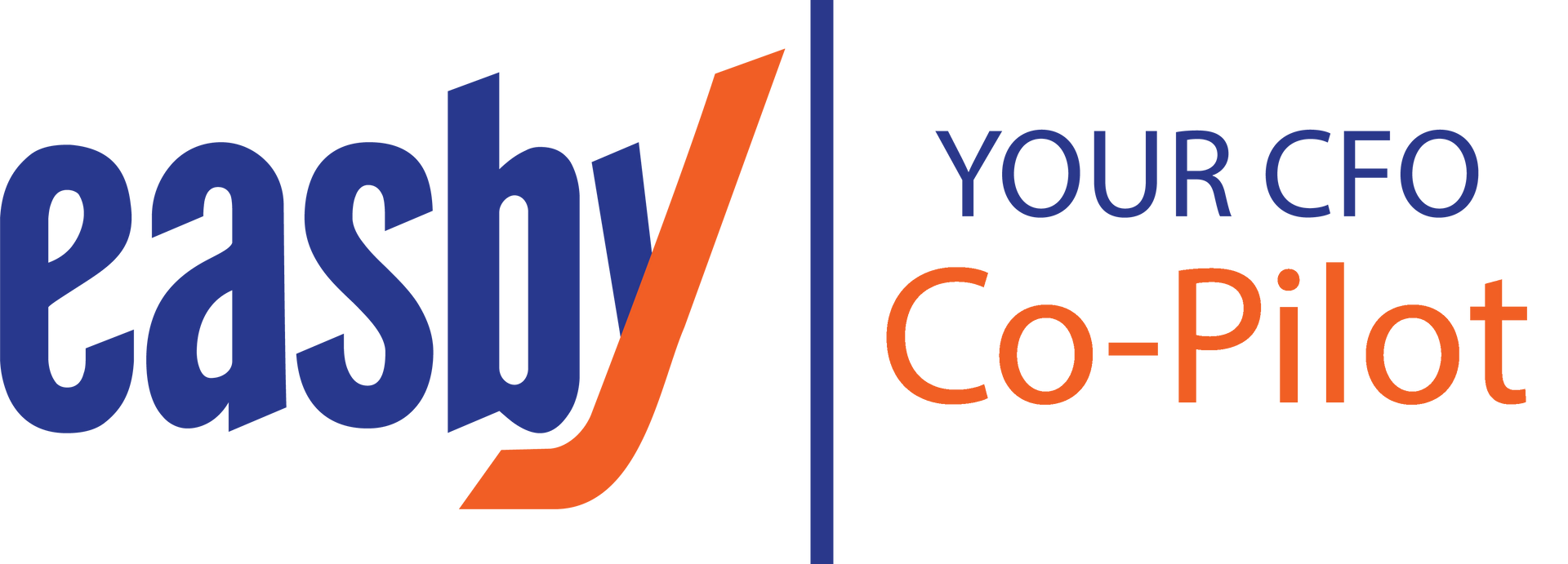RFS: Where Accounting Professionals Go to Learn, Innovate and Grow
Share this article:
Rose Report: Issue 32
If you said yes to all of the above and have strong accounting, finance and data management skills, we have a great opportunity for you. Join Rose Financial Services, the Premier U.S. Based Finance and Accounting Outsourcing Firm leading the revolution to improve the financial performance of companies through financial clarity. Help RFS build the future of the finance and accounting industry through the automation of accounting processes and the improvement of financial information available to businesses.
Welcome to Innovation in Accounting.
We build our client accounting solutions using an agile methodology. Our staff utilize an interactive process to prioritize client needs, design process improvements and work with developers to build out solutions. In order to maximize efficiency and accuracy, we standardize, centralize and automate accounting processes that are then integrated into our clients’ accounting systems. We work to improve our processes by one percent each week, creating a large impact on processes over time. By working at the intersection of agility and consistency, you’ll spend less time working on mundane processes and more time providing professional services that utilize higher level skills including professional judgement and financial management.
As an Accounting, Finance, Tax or Technology Professional, What’s In It for You?
Working at RFS is both challenging and rewarding. This is a fast-paced environment where you’ll work in our shared services center in Rockville, MD for multiple clients located around the city, country and world. You will use various software and systems and exercise your problem solving and analytical skills daily. We’re looking for energetic and dedicated accounting, finance, tax and technology professionals to serve our government contracting, non-profit and commercial clients.
At RFS, we constantly develop ways for our employees to grow, develop and advance. By providing these opportunities, we attract and retain top talent. We equip our employees with the necessary tools to create innovative solutions for our clients’ most difficult needs and challenges. We adopt agile concepts to develop new products and services that are changing the industry. As a result, we increase the quality of services provided to our clients and make sure that all of our associates are professionally developed to their full potential.
We provide meaningful work, the opportunity to learn and advance your career and a collaborative environment of the industry’s best and brightest professionals. We also understand our employees are the ones who make this work possible—and we make sure to show our gratitude through our annual employee appreciation week, team breakfasts, festive holiday parties, community events and more.
Whether you’re a soon-to-be graduate or an experienced accounting, finance, tax or technology professional, we offer plenty of exciting opportunities!
Entry-Level and Early Career Path
RFS offers a well-defined career path with significant opportunities for growth. The Accounting Associate position is the start to a long-term career in finance and accounting outsourcing. Entry-level Accounting Associates are typically responsible for timely and accurate delivery of tasks, such as:
- Accounts Payable and Disbursement Processing
- Payroll Administration and Processing
- Billing and Cash Receipts Processing
- Bank and Credit Card Reconciliations
As you continue your formal education and grow within the firm, you will be exposed to more advanced finance and accounting processes including monthly closing procedures including financial and management reporting.
Mid-Level Opportunities
Do you feel like you have topped out at your current company? Do you feel like you are falling behind your peers? Are you bored in your current position? Contact RFS to get your career back on track and positioned for long-term success! In this role, you will manage the full-cycle for multiple client companies from our shared services center. We will also train you in our financial management methodologies to provide you with all of the necessary skills to manage the finance and accounting functions of a thriving company.
CFO Partnering Opportunities
If you’re a part-time, fractional or outsourced CFO looking to grow a practice, we’re offering a unique opportunity to partner with RFS. As our firm grows, we’re looking to partner with strategic, entrepreneurial and dedicated finance professionals and provide them with the opportunity to say “YES” to more new business. You will be supported by RFS’ superior finance and accounting shared services center allowing you to continue to build your network and grow your client base as their principal trusted financial advisor. Leverage our experience and industry-leading expertise to help you win new clients—and continue to impress the ones you already have. Learn more about our exclusive partnership opportunity .
If you’re a full-time CFO searching for more effective ways to support your company, we can configure a solution for you, too. Learn more about our service offerings to meet your needs from Our Services page or contact us today to speak with a finance and accounting solutions professional.
Visit Us On:






